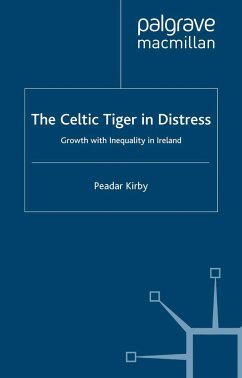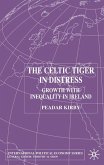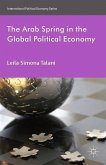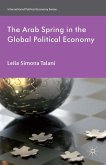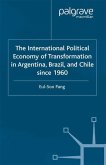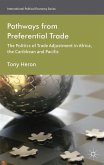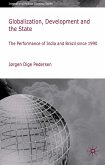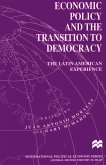Ireland's Celtic Tiger economy has been held up as a model of successful development in a globalized world, offering lessons for other late developing countries. It interrogates the principal theoretical approaches which have been used to analyze the Celtic Tiger, particularly neo-classical economics, and finds them inadequate to capture its ambiguities or address its developmental deficit. Elaborating an alternative approach, drawing particularly on the work of Karl Polanyi, the book offers an interpretation which captures more fully the ways in which the Irish State has made itself subservient to market forces. The options now facing Irish society are mapped out through a critical examination of globalization, identifying possibilities for development and social action.
'Kirby's case study of Ireland shows how different countries with different positions in the world economy and different social and economic structures connect in different ways with the globalization process...This study advances our understanding of the complexity and pitfalls of the globalization phenomenon in general; and it provides a sound basis for rethinking Ireland's and the EU's future in the light of the Irish vote against the Nice treaty.'- Professor Robert W. Cox, Professor Emeritus of Political Science and Social and Political Thought, York University, Toronto

